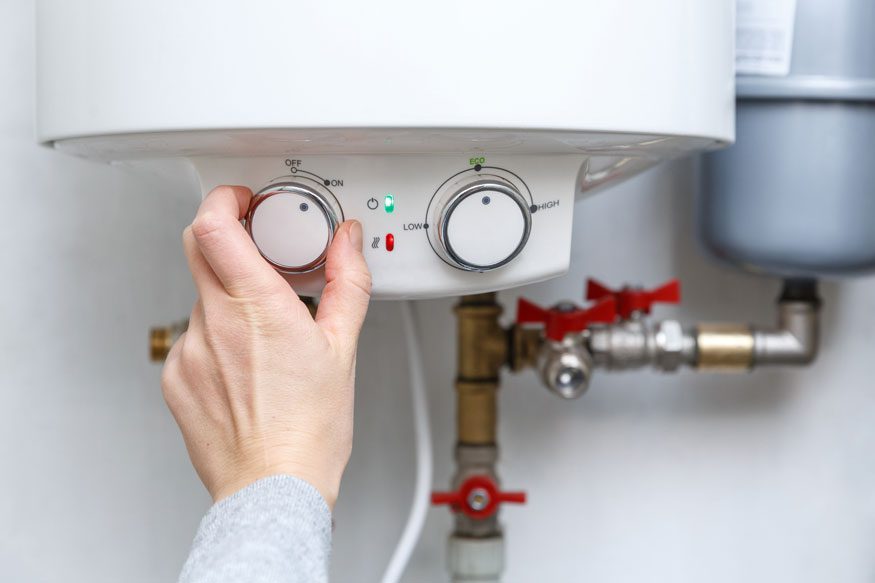Electric Vs. Gas Water Heaters: A Buyers’ Guide

When it comes to choosing a water heater for your home, the decision between electric and gas models is a critical factor influencing efficiency, utility costs, and overall comfort. In this comprehensive guide, we’ll look into the distinctions between electric and gas water heaters, aiding you in making an informed choice that aligns with your specific needs and preferences.
Electric Water Heaters: Energy Efficiency and Installation Flexibility
Electric water heaters are renowned for their energy efficiency, particularly in regions with lower electricity rates. With a high Energy Factor (EF) rating, they excel in converting energy into hot water effectively. Moreover, the flexibility in installation is a notable advantage. Electric water heaters do not necessitate a flue or venting system, making them suitable for both indoor and outdoor installations. This flexibility provides homeowners with diverse placement options, catering to the specific layout and design of their homes. Additionally, electric water heaters typically boast a lower initial cost, making them an appealing option for those on a budget or seeking a cost-effective solution.
Moreover, homeowners should be mindful that electric water heaters, while energy-efficient, may require a dedicated electrical circuit with sufficient capacity, potentially adding to installation costs. It’s advisable to consult with a professional to ensure your electrical system meets the specific requirements of an electric water heater. Additionally, routine maintenance and periodic checks from reputable professionals like Made’s Plumbing will ensure optimal performance and extend their lifespan. Considering these aspects alongside the operating cost will guide homeowners toward a well-informed decision when choosing the right water heater for their homes.
Gas Water Heaters: Rapid Heating and Cost-Effective Operation
Gas water heaters stand out for their rapid heating capabilities, providing a continuous supply of hot water with quick recovery times. This makes them an ideal choice for larger households with heightened hot water demands. In regions where natural gas is less expensive than electricity, gas water heaters become a cost-effective solution over the long term. This is particularly relevant in areas like Texas, where natural gas resources are abundant. Additionally, gas water heaters are recognized for their reliable and consistent performance, offering a steady supply of hot water even during electrical disruptions.
Yet, it’s important to note the higher initial cost associated with gas water heaters. While they might have a greater upfront investment, the potential for lower operating costs over time could balance out the initial expenses. Venting requirements are another consideration, as gas water heaters mandate proper venting through a chimney or direct vent. This may limit installation options and contribute to the overall installation cost. Moreover, gas water heaters are typically installed indoors, reducing placement options compared to their electric counterparts.
The choice between electric and gas water heaters hinges on various factors, including energy costs, installation preferences, and hot water demands. In regions like Texas, where considerations for water heater repair are significant, understanding the distinctions between these options becomes crucial for homeowners. Evaluating the specific needs of your household, considering long-term operating costs, and factoring in the local utility landscape will guide you toward selecting the water heater that best suits your requirements.
